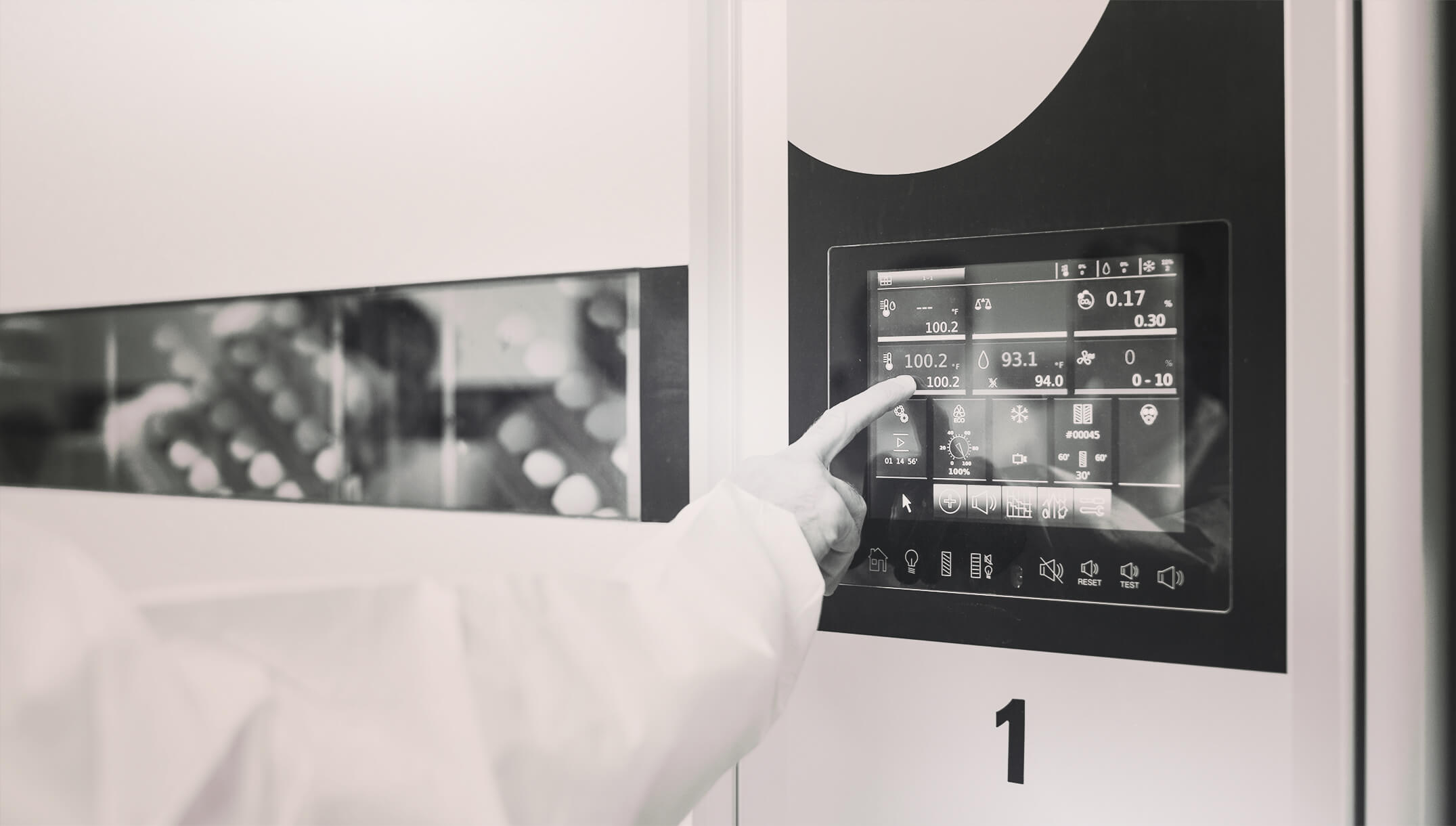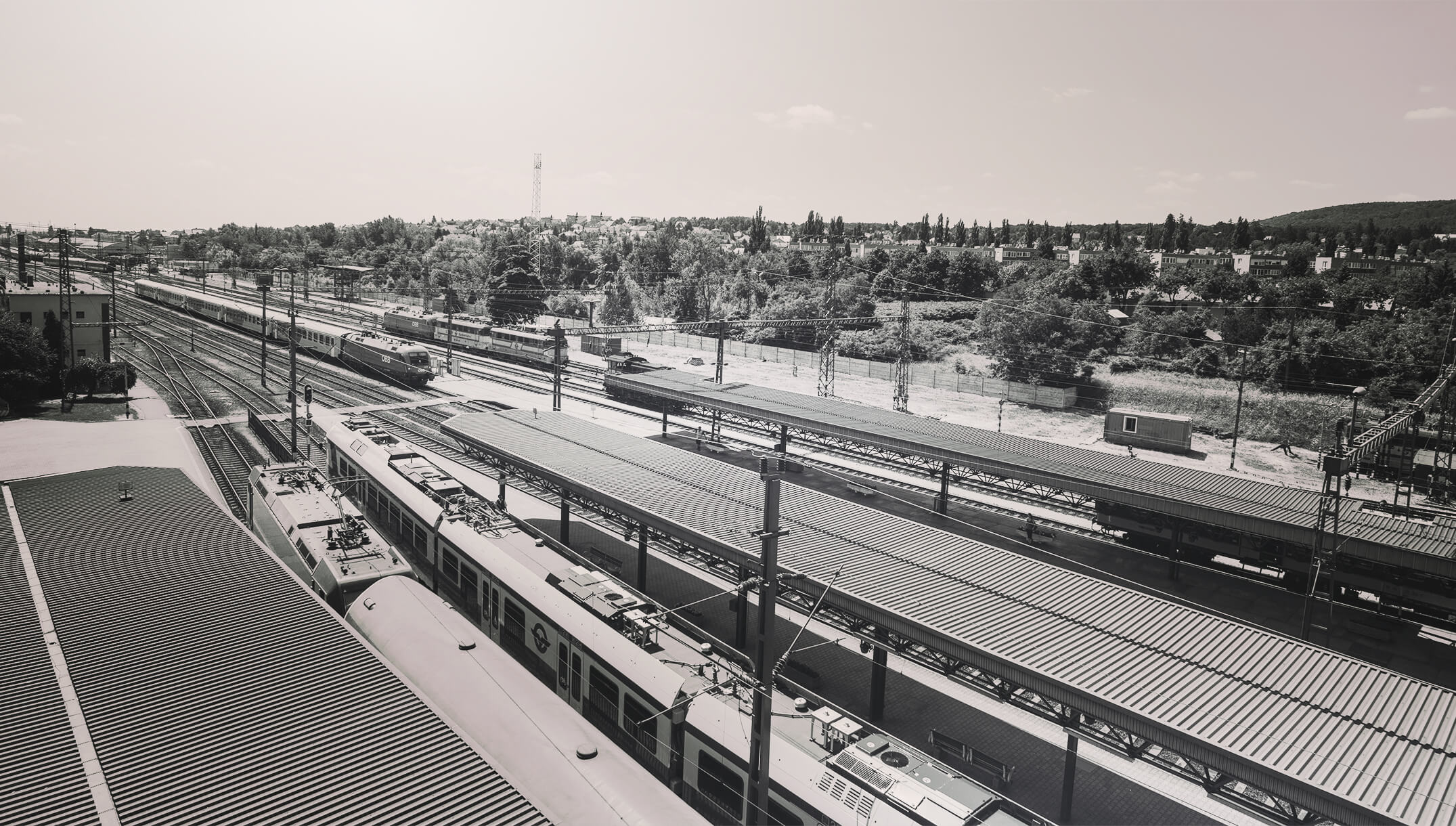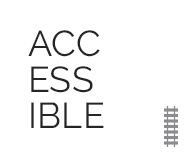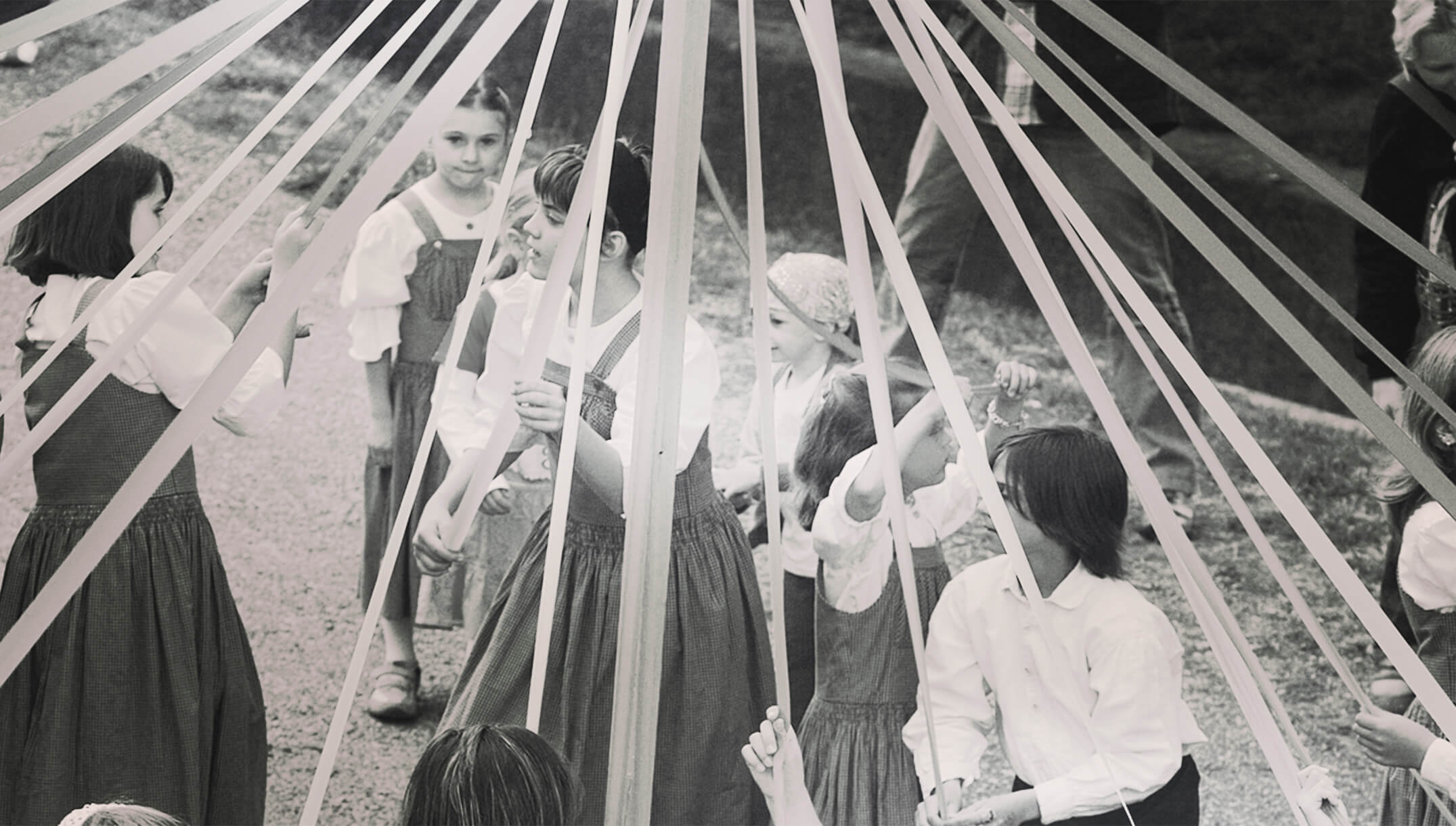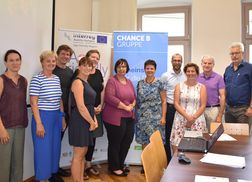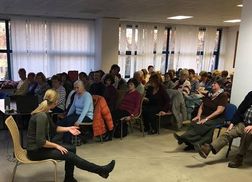Age-friendly Region for a worthy old age
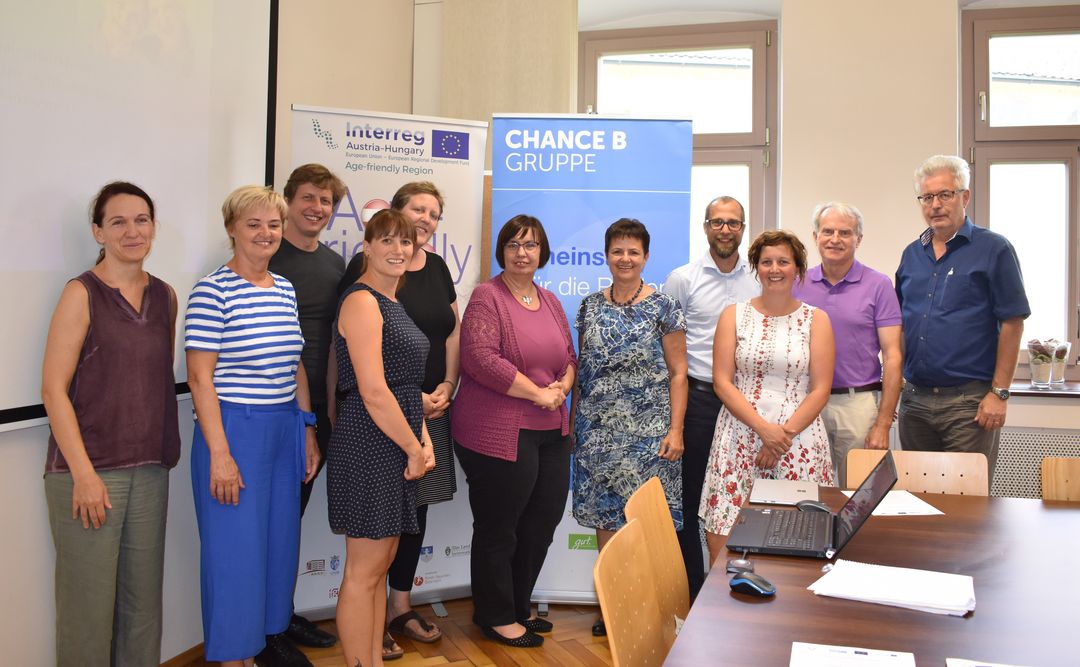
We all would like to have a happy elderly, live a good quality of life, independently and in excellent health, accompanied by our most loved ones. This is, however, not always the case. Aging population is a serious challenge to communities as well as national social services at large, and taking good care of old relatives is an extremely challenging and demanding task for most families.
An increase in quantity and quality of social institutions, such as retirement homes, may be evident response to such challenges, and it's indeed seem relevant, but is there any other or even better solution, or a different approach to such a complex issue?
Project Age-friendly Region approach aims at supporting old people to continue living in their homes and ensuring the highest possible level of autonomy and quality of life while having full access to the necessary health services. In some cases, a living in nursing home is certainly inevitable, but if conditions allow many seniors prefer to remain at home and receive home care. Taking into account the increasing numbers of aged citizens, on national or regional levels this appears more cost- and resource efficient in the long run, -if there is a good and effective service model.
Age-friendly Region worked on regional case and care management models and introduced innovative solutions in Eastern Styria and Western Hungary. Families and intermediate bodies, so-called case managers are in the very centre of the models. Case managers are trained to work with the families of the elderly person to find a tailor-made solution for their needs.
Thus, Case Management serves as an interface and partner for all health service providers and, in addition to providing comprehensive information, contributes to the reduction of red tapes and the best use of available family and health care resources.
One of the main results of the project is the expert study compiling the opinion of experts from the health care and social sectors and relevant political levels in Hungary and Austria. According to this study, the introduced case management system covers the needs of older people at home faster and better than before and it’s a good and working solution. Particularly in Hungary, where there is an enormous shortage of nursing staff and specialists, especially in rural areas.
For more information on the project, please visit the project website:

